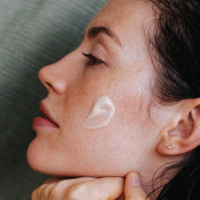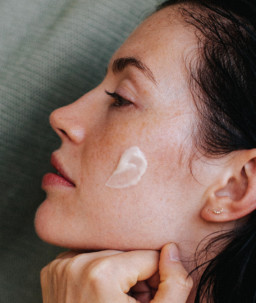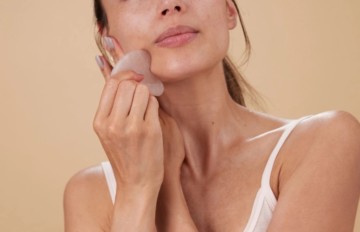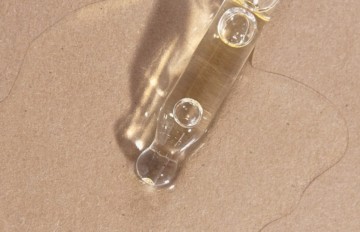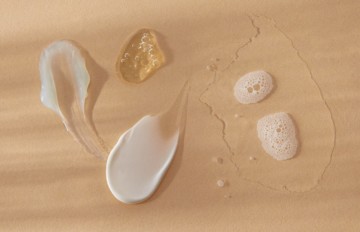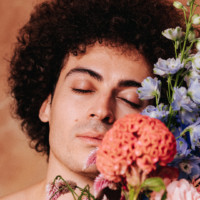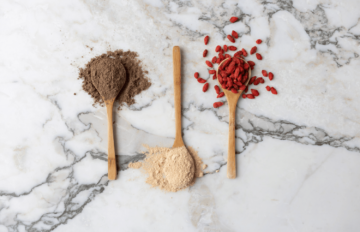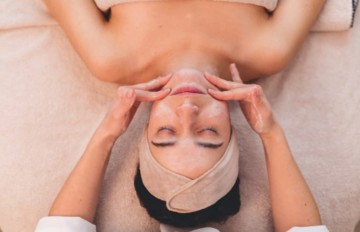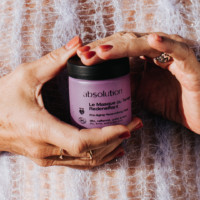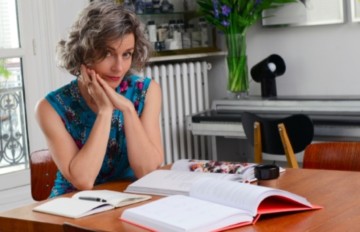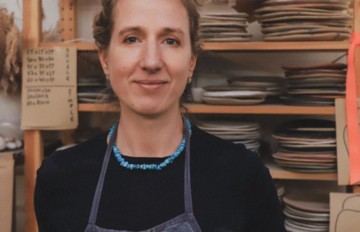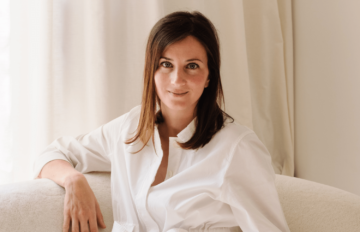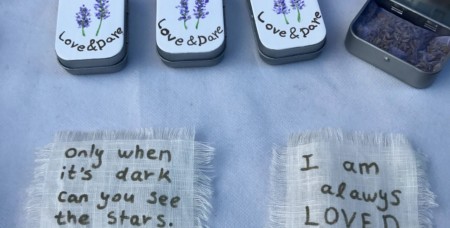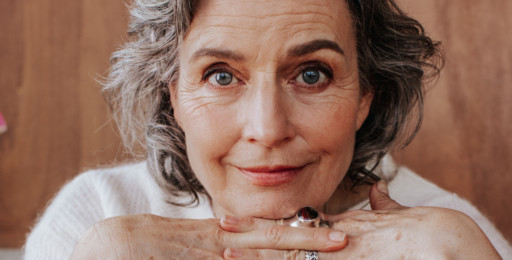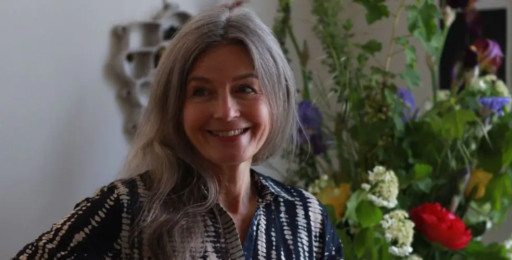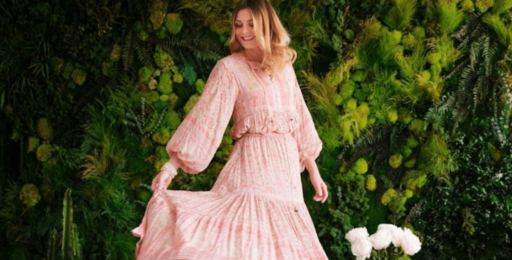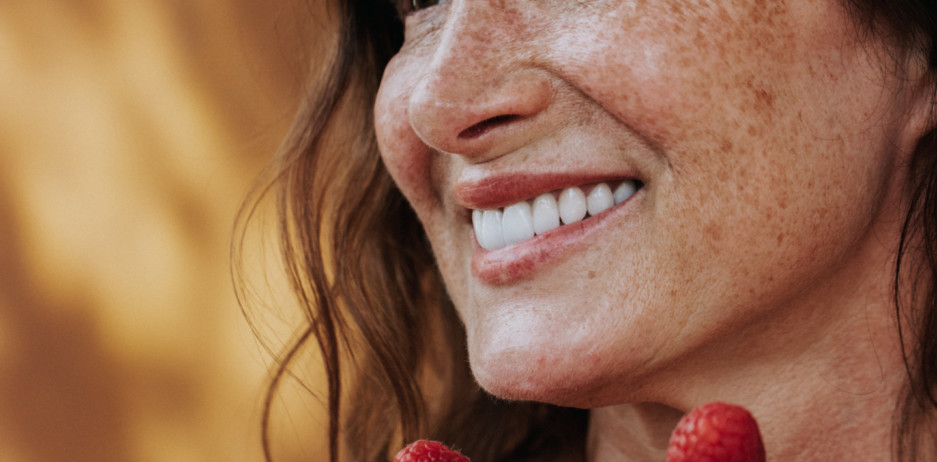
“You don’t look your age,” “You look great”… When compliments stigmatize women
These phrases seem like compliments, and you’ve probably received or given them to someone close to you. They are certainly not meant to be harmful but can have stigmatizing effects, especially for women


“You’re as beautiful as you were in your 20s,” “You could pass for ten years younger,” “Your skin is so smooth!”…
These “praises” imply that looking younger is the only way to stay beautiful! Just like the expression “you look well,” which leads women to the constant pressure of appearing rested and glowing at all times, never showing any sign of fatigue.
The idea of looking young and radiant has therefore become an obsession. A quest for those who feel time is slipping away too quickly in a society that idolizes youth
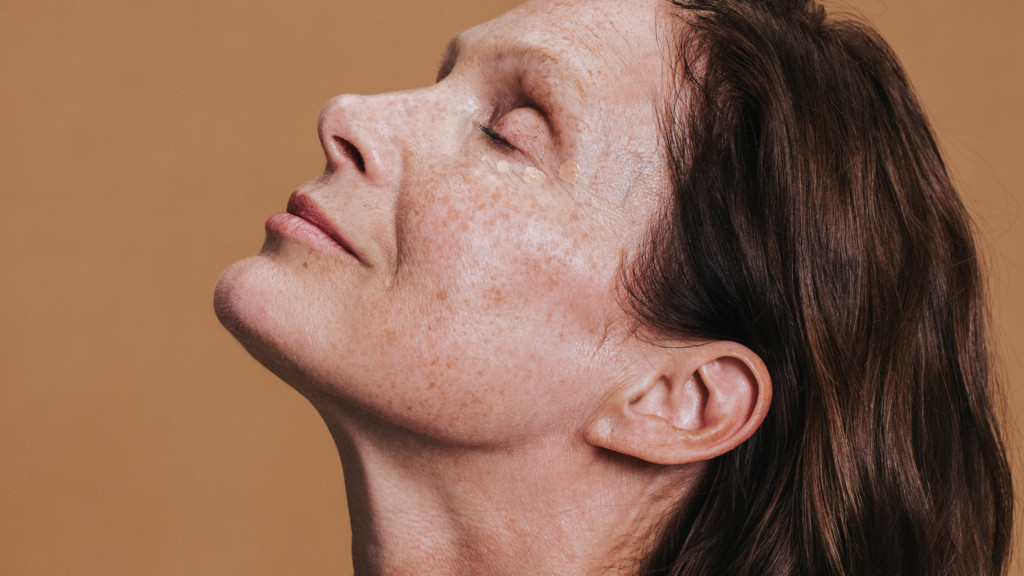
“When you’re young, people rarely ask your age. The older you get, the more they ask, and the less you want to tell them,” says Colombe, 76. “I usually don’t give mine because most people tend to categorize women and compare them to one another.”
The phrase “you don’t look your age” then becomes a sought-after expression, denying any desire to age and embrace it. Age becomes a point of judgment, and fighting against the signs of aging almost feels like a given.
“I strive not to look older than I am and to keep up appearances!” says Angèle, 54. “I often find myself comparing myself to other women my age and feeling like I’m in better shape than they are.”
Chasing a Mirage…
For some, “keeping up appearances” means taking care of themselves holistically. For others, it involves strict diets, expensive skincare routines, and even surgical interventions! Botox hides wrinkles, and intense workouts erase a few pounds that come with age.
This quest for eternal youth—promoted by social media, advertisements, and the media—is fueled by the desire to display smooth skin, a sculpted body, and an ever-radiant face. But for those who follow this path, each day becomes a battle against time.
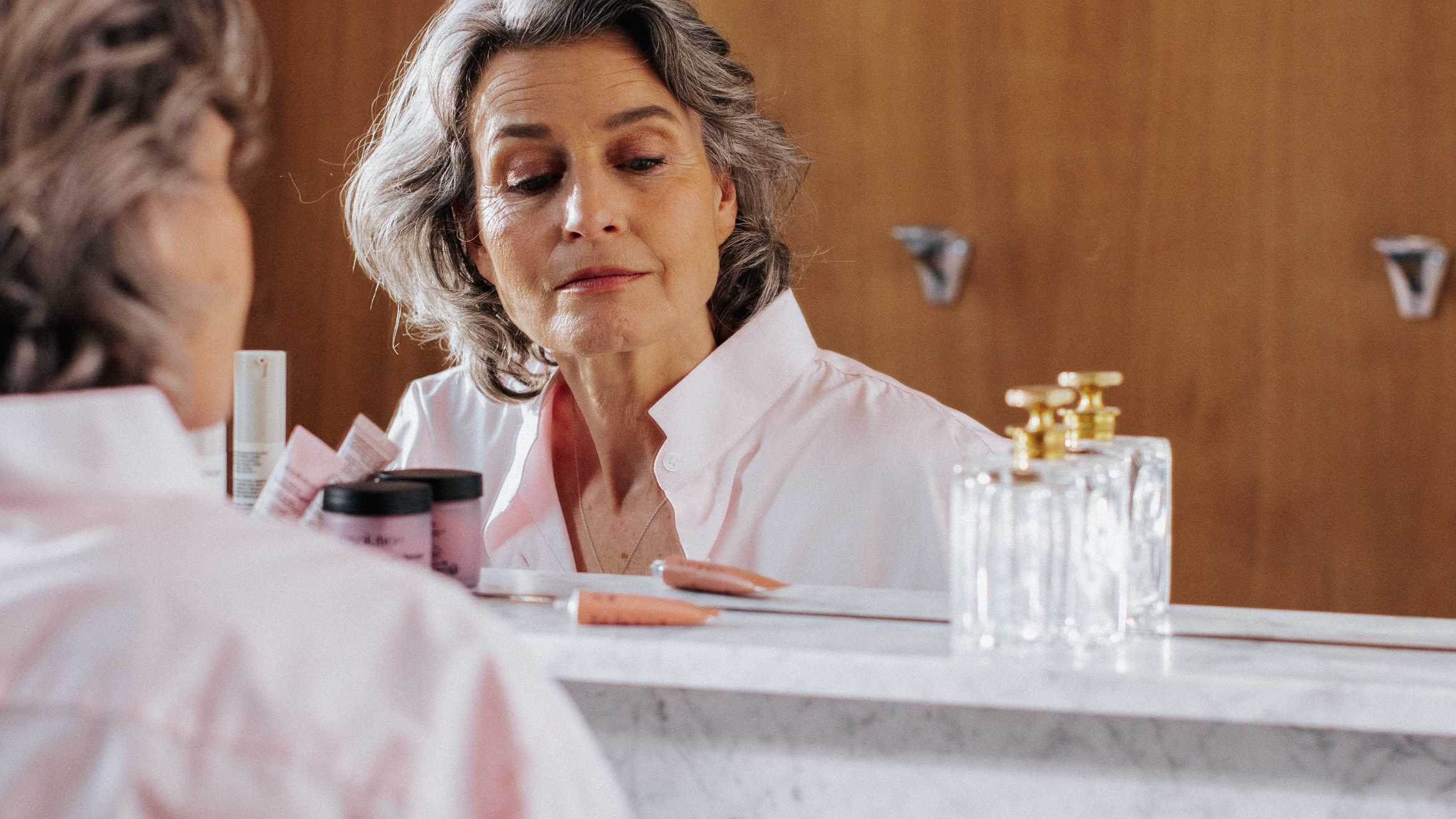
They fight to erase its traces and conform to an image that neither reflects their diversity nor their individuality. Their value seems to be measured by the perfection of their appearance, where the message is to be loved, respected, and seen. A woman must be young and beautiful according to predefined criteria set by a system that exploits her insecurities and fears. This pursuit of perfection is, in reality, a mirage. Filters, touch-ups, and other artifice make self-acceptance even more difficult. Women find themselves trapped in this paradox: being
themselves is no longer enough, yet trying to resemble these unattainable models is exhausting and alienating.
Or a Shift
“When I tell people my age, they often say I don’t look 81,” says Michelle. “I prefer being told I look younger rather than appearing 90! But people still focus a lot on how many wrinkles you have on your face…”
However, the signs of aging tell a story full of life experiences. Wrinkles are not imperfections to hide but symbols of wisdom and a life well-lived. A few extra pounds reflect a body that has weathered the years with strength and resilience.
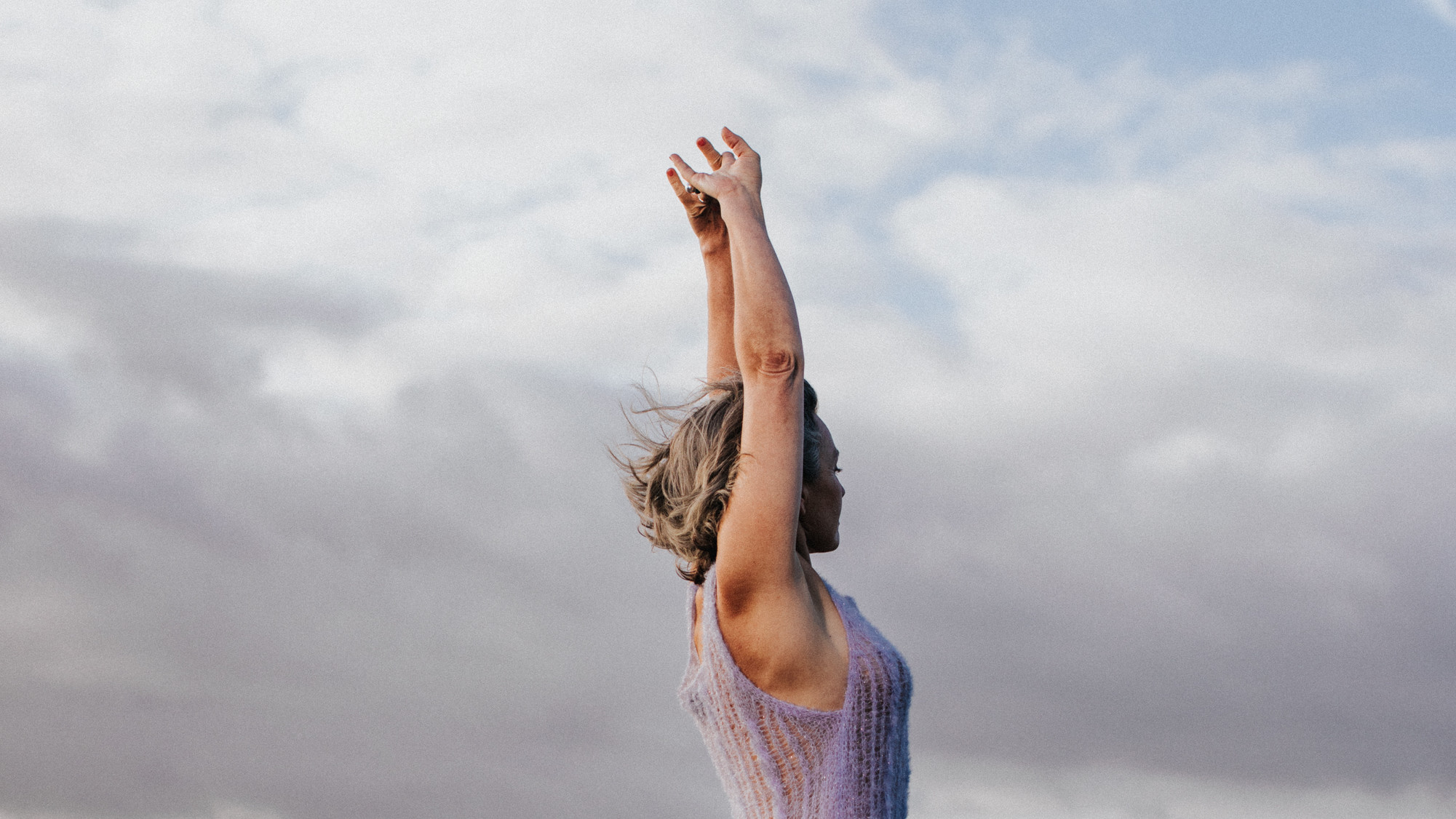
Rather than engaging in drastic measures to maintain a youthful image, some focus on their inner well-being, mental balance, and personal fulfillment. It’s about staying true to oneself, fully accepting who they are, and living each stage of life more serenely. In this perspective, time becomes an ally rather than an enemy, and age, a source of pride rather than a threat.
Changing these ready-made phrases, often inherited from social conventions, could gradually honor women more justly. For example, replacing age-based flattery with compliments on their beauty, or more broadly on their achievements, experience, and strength.
This shift not only helps deconstruct the stereotypes weighing on women but also fosters a society that focuses more on what individuals contribute through their personality rather than their appearance. A transformation that can influence future generations, offering them role models of success and well-being that are no longer confined by age or the pursuit of perfection.
Everyone would then feel free to age, express themselves, and live according to their own choices. Ultimately, a well-thought-out compliment can contribute to cultural change and a more inclusive vision of each of us.
